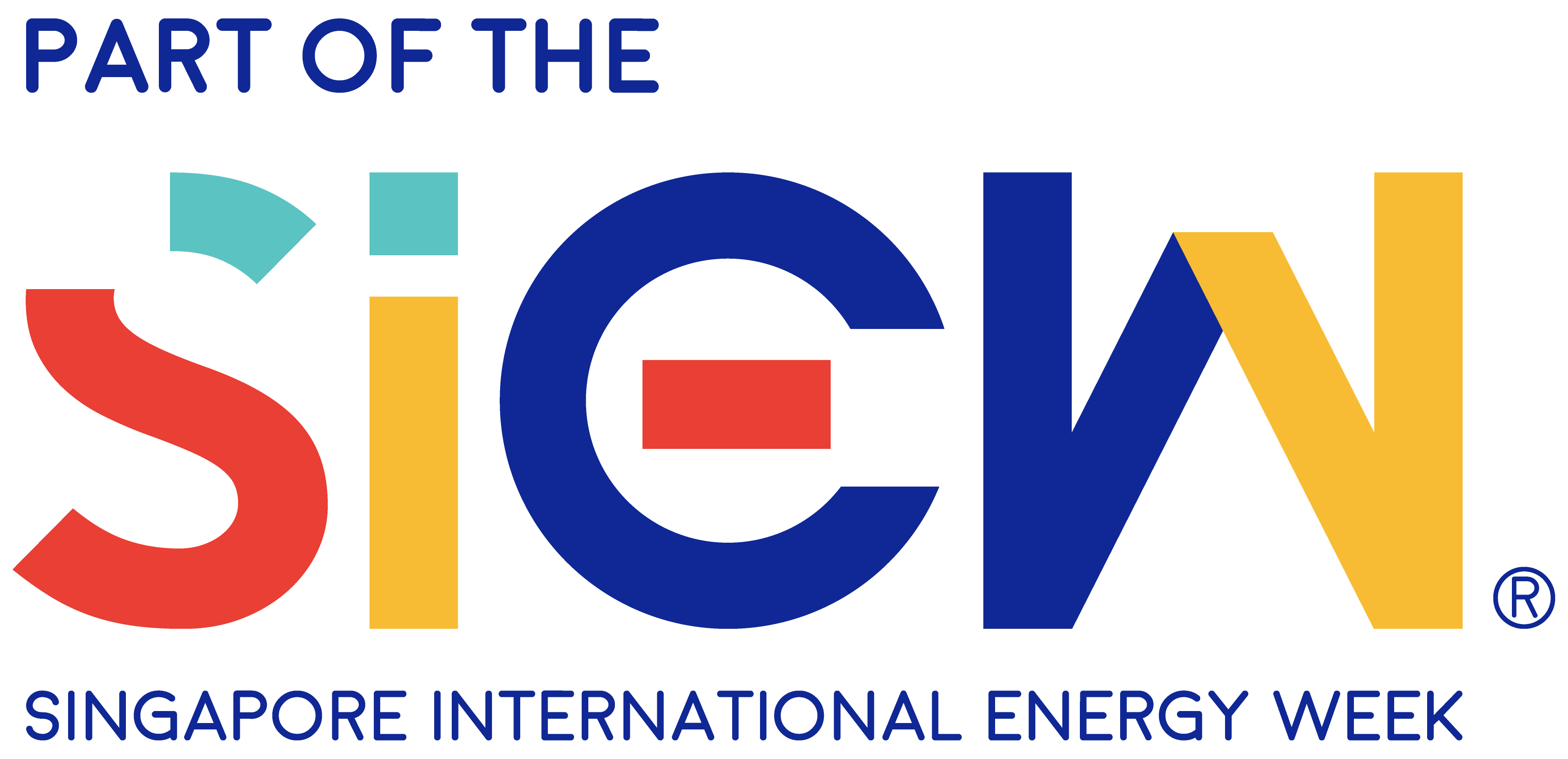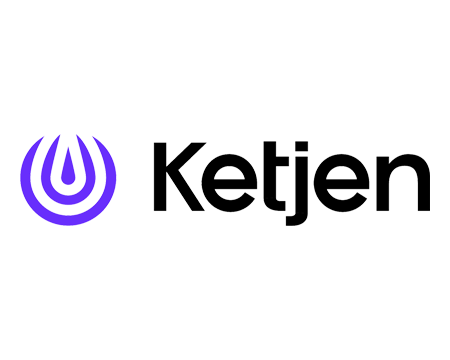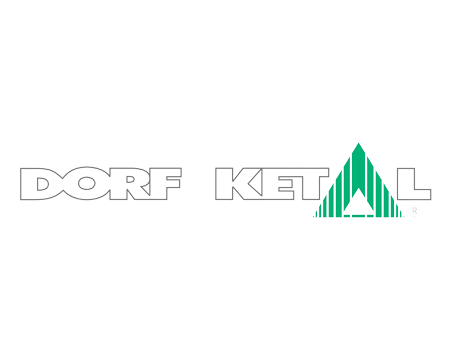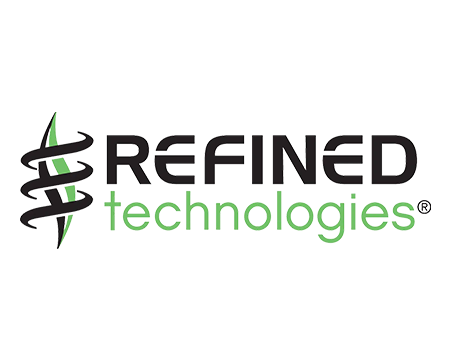Submit Abstract
Call for papers is now open! Present your insights, innovations, and expertise to industry leaders and key decision-makers.

Nominate Now!
Nominations for the Asian Downstream Summit Awards 2025 are now open! Showcase your achievements, establish your company as an innovation leader, and receive the recognition you deserve. Drive the transformation of ASEAN’s refining and petrochemicals sector—submit your nomination today!
Get Your Conference Delegate Ticket!
2025 Conference Theme: Fostering a Collaborative, Innovative and Sustainable Downstream Refining and Petrochemical Industry
Secure your conference delegate pass for ADS, ARTC & ACCA 2025 and enjoy 40% off when you book by 31 July. Don’t miss your chance to join 1,000+ industry leaders at ASEAN’s most influential downstream event for the refinery & petrochemicals.
Submit Abstract
Call for papers is now open! Present your insights, innovations, and expertise to industry leaders and key decision-makers.

About
Asian Downstream Summit
2025 Conference Theme: Fostering a Collaborative, Innovative and Sustainable Downstream Refining and Petrochemical Industry
The Asian Downstream Summit (ADS) is a downstream oil and gas event that brings together senior industry leaders and decision-makers from across the downstream value chain. It focuses on critical issues and challenges, with a strategic emphasis on digitalisation and innovation to drive cost efficiency, and operational excellence. It also highlights best practices in asset management across downstream processes.
Be Part of Asian Downstream Summit 2025
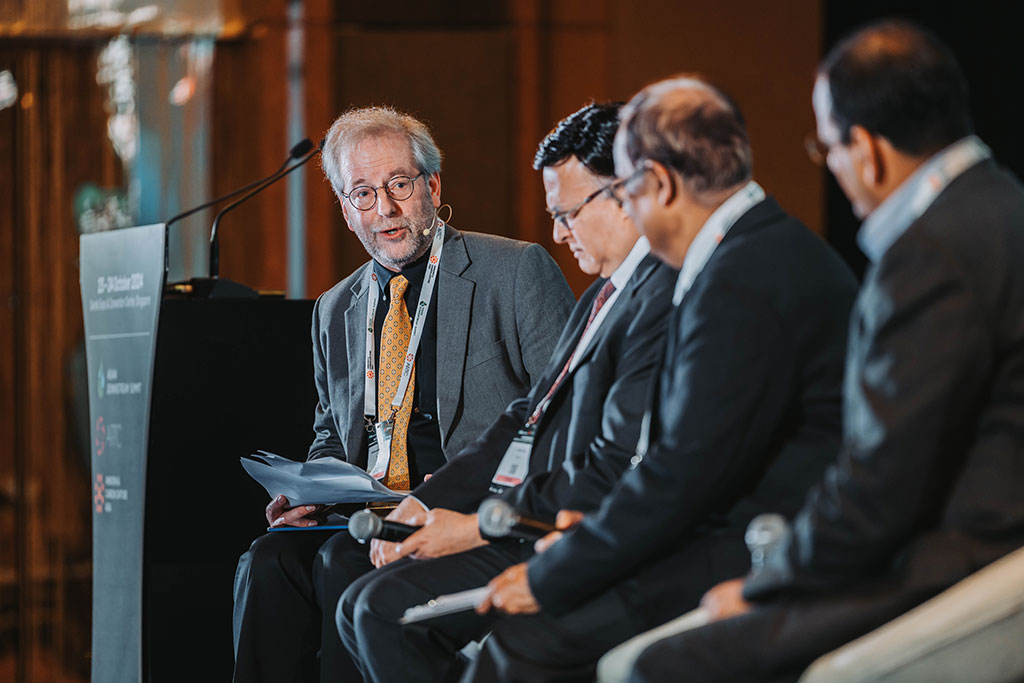
Speak
Share your expertise and shape the refining & petrochemicals future. Register interest in speaking

Exhibit
Showcase your solutions to industry leaders from the region. Book a Stand

Attend
Registration is now open! Get your Conference Delegate ticket with early bird discounts! Register Now in attending.
Who Attends























































